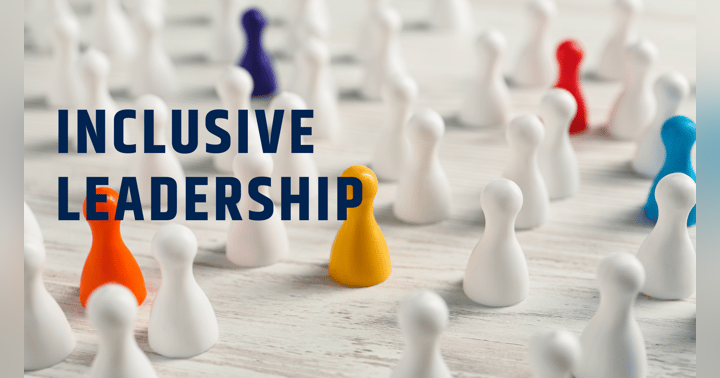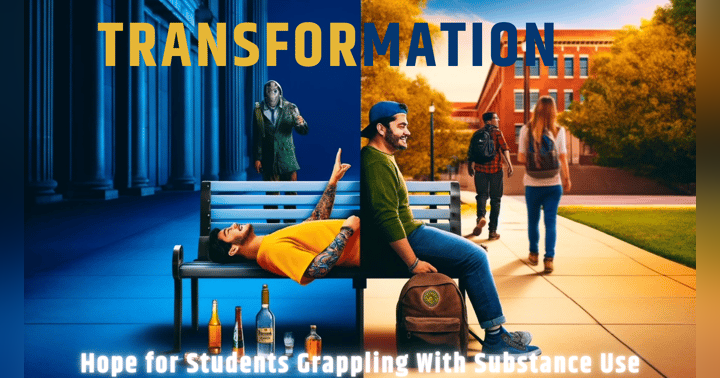Academic Survival: Empowering ASU's Student-Athletes
College athletics have always been a major part of American universities, bringing in millions of dollars and serving as a source of pride for students and alumni alike. However, behind the scenes, student-athletes face unique challenges that can often be overlooked. How do they balance their academic responsibilities with the rigorous demands of their sport? How can they maintain their mental and emotional well-being in the face of intense public scrutiny? And, increasingly, what role do they play in promoting social justice and activism on campus and beyond? On Episode 7 of the Academic Survival Podcast, I invited Jean Boyd and Alonzo Jones to explore these questions and give listeners a glimpse into the world of student-athlete support and development at Arizona State University (ASU). As a former student-athlete and current life skills coordinator for ASU's Sundevil Athletics program, Jones brought a wealth of personal and professional experience to the conversation, while Boyd, a longtime colleague and co-founder of the nonprofit Scholar Baller, provided a broader perspective on the intersections of sports, education, and social change. One of the key themes that emerged from the discussion was the evolving role of student-athletes as public figures and agents of social change. Jones noted that in recent years, more and more student-athletes are using their platforms to speak out on issues such as racial justice, mental health, and education reform. This represents a powerful shift from previous generations, where student-athletes were often discouraged or penalized for expressing political views or engaging in advocacy work. As Boyd put it, "We're seeing a new generation of athletes who understand that they can be more than just entertainers or endorsers. They can be activists, philanthropists, and thought leaders in their communities and beyond." Of course, with this newfound power comes new challenges and responsibilities. Student-athletes must balance the competing demands of their sport, their academic workload, and their social and emotional wellbeing, all while navigating a complex and often changing landscape of NCAA rules and regulations. Additionally, ASU's student-athletes, like many around the country, are grappling with the fallout from the recent changes to NCAA name, image, and likeness (NIL) rules, which are expected to dramatically alter the ways in which student-athletes can monetize their athletic talents. Jones and Boyd stressed the importance of providing robust support and resources to help student-athletes navigate these challenges and succeed both on and off the field. At ASU, this takes the form of a structured and comprehensive onboarding process that includes academic and career readiness programs, mental health and wellness resources, and close monitoring of attendance and participation in all aspects of student life. By taking a holistic approach to student-athlete development, Jones and Boyd argued, universities can empower athletes to succeed both during their time on campus and long after they graduate. Another key theme of the conversation was the importance of identity development and challenging traditional notions of success for African American men in particular. Jones noted that many black communities still view athletics and entertainment as the primary paths to success, leaving young men with limited opportunities to explore other fields or challenge themselves academically. He and Boyd emphasized the need to promote a broader, more inclusive vision of success that values intellectual curiosity, civic engagement, and lifelong learning. As Boyd put it, "The goal isn't just to get a degree and move on. It's to become a well-rounded, thoughtful member of your community who's capable of effecting positive change." Overall, the conversation between Jones, Boyd, and McDonald offered a fascinating look at the many challenges and opportunities facing student-athletes in today's complex and rapidly changing world. Whether they're navigating the new NIL landscape, speaking out on social justice issues, or figuring out how to balance their academic and athletic responsibilities, student-athletes today face unique and daunting challenges. But by providing comprehensive support and resources, universities like ASU can help these young people thrive in all areas of their lives, both on and off the field. As Boyd put it, "We want our student-athletes to be what we call 'scholar ballers' - people who excel both academically and athletically, and who are committed to making the world a better place. That's what it means to have a truly well-rounded student-athlete experience."















